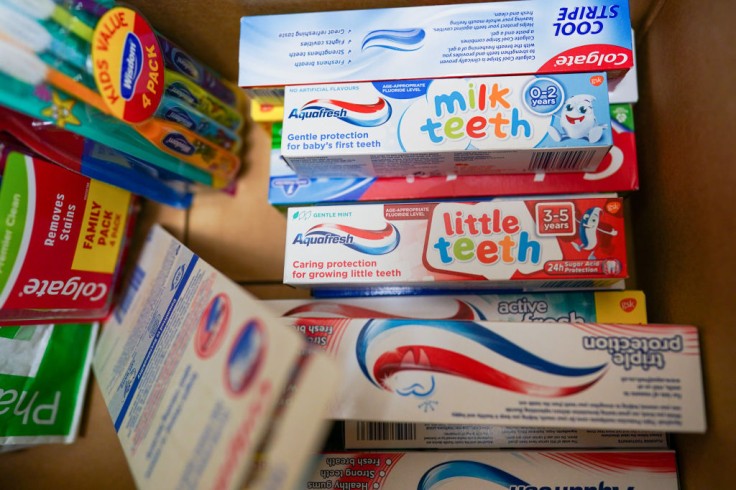
For new parents, every milestone in their child's life is both a joy and a challenge. From the first steps to the first words, each phase brings its own set of questions and uncertainties.
One such milestone that often leaves parents puzzled is related to their baby's teeth. Specifically, the question, "When should you start brushing your baby's teeth?" is a common one.
With that, we will unveil the best practices surrounding this topic, so you can ensure your child's dental health is on the right track from the very beginning.
Understanding the Importance of Baby's Teeth
Before delving into when to start the brushing routine, it's crucial to understand the significance of baby teeth. These primary teeth play a vital role in helping your child chew food, pronounce words, and even guide the alignment of adult teeth. Hence, ensuring their health is paramount.
When to Start Brushing Baby Teeth?
Many parents mistakenly believe that they only need to start brushing when the full set of primary teeth is in. In reality, dental care should begin much earlier. Here's a breakdown:
- Before the First Tooth Appears: Even before your baby's first tooth erupts, you should wipe the gums gently using a soft, moistened cloth or a silicone finger brush. This helps in removing any milk or formula residue and prevents bacteria buildup.
- As Soon as the First Tooth Erupts: This is the signal! Once you spot the first tooth making its appearance, it's time to introduce a soft-bristled, infant-sized toothbrush. At this stage, use just a smear of fluoride toothpaste, no larger than a grain of rice.
- Children Aged 3 to 6: As your child grows and more teeth emerge, you can increase the toothpaste amount to pea-sized. By this age, children can also be taught to spit out the toothpaste post-brushing.
Best Practices for Brushing Your Baby's Teeth
Ensuring your child's dental health doesn't stop at just knowing when to begin. Adopting the best practices is equally essential. Here are some guidelines:
- Choose the Right Tools: Opt for a toothbrush designed for infants. It should have soft bristles, a small head, and a large handle. As mentioned earlier, use a minimal amount of fluoride toothpaste to start with.
- Gentle Brushing: Baby's teeth and gums are sensitive. Use gentle, circular motions and ensure you cover all surfaces-the outside, inside, and chewing surfaces of each tooth.
- Make It a Bonding Activity: Initially, your baby might resist, but turning brushing into a fun and bonding activity can help. Sing songs, play a two-minute brushing video, or create a fun ritual to ensure they look forward to it.
- Monitor and Guide: As your child grows and wants to brush on their own, it's great to foster that independence. However, supervision is essential until you're confident they can do a thorough job and won't swallow the toothpaste.
- Regular Dental Check-ups: Introduce your child to a pediatric dentist by their first birthday. Regular check-ups can spot potential issues early and get your child comfortable with dental visits.
Baby's Dental Health Care
Understanding the significance of your baby's teeth and knowing when to start brushing is the first step towards ensuring good dental health.
By adopting the best practices and making brushing a positive experience, you set the foundation for a lifetime of healthy teeth and gums.
Caring for your child's dental health might feel daunting at first, but with the right knowledge and approach, it becomes just another beautiful part of the parenting journey. So, grab that baby toothbrush, and here's to happy, healthy smiles!